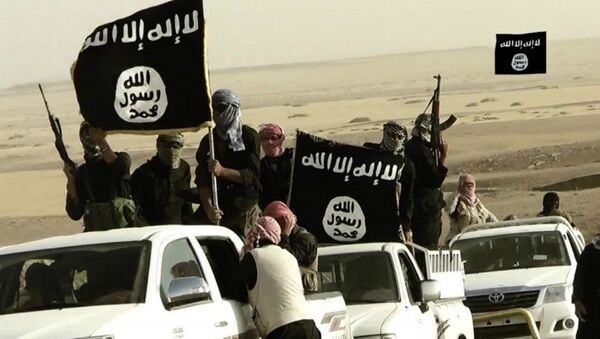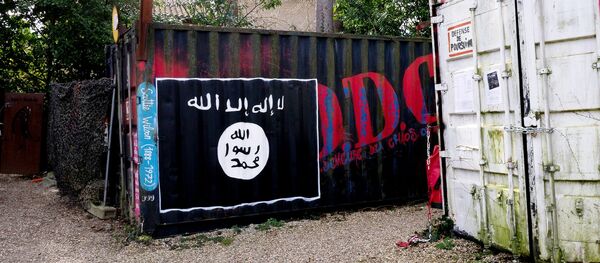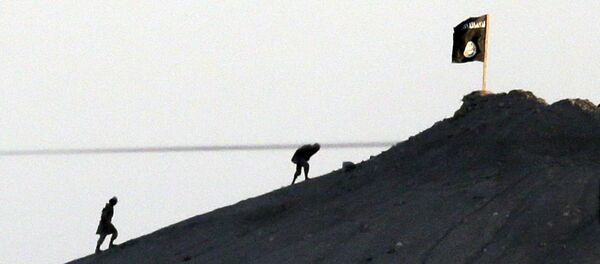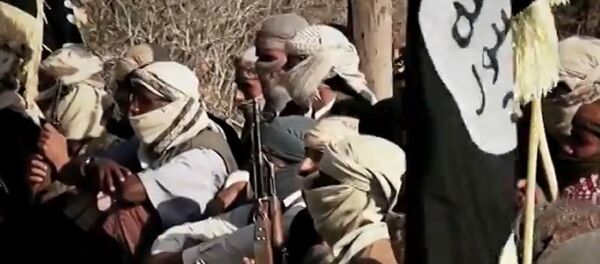An average Daesh recruit from Europe is a marginalized young man with a foreign background, suffering from an identity crisis due to being rejected by both Western society and his parents' patriarchal society. It is therefore no coincidence that Daesh specifically targets its recruitment strategy by emphasizing the community as an important factor. The central image of Daesh propaganda is the merit of creating a culture in which racism and Islamophobia allegedly do not exist and where the bonds between members are supposed to be very strong. The Daesh propaganda offers the opportunity of shedding "Muslim underdog" complexes and dying for a "greater cause" as a "martyr." This is specifically designed to fill the void where other ideologies have failed.
According to Evin Ismail, a doctoral student in sociology at Uppsala University who studies Daesh activity in social media, the culture commonly known as "Jihad cool" has managed to combine the traditional values of the Islamic warrior's honor with new cultural expressions perceived as "cool." On the surface, the very advent of "hipster beards" has allowed Daesh sympathizers to effortlessly blend in with the crowd, Ismail wrote in an opinion piece in Swedish daily Svenska Dagbladet.
"They have become rather skilled at picking audiences for their messages, it not just the mass production we have seen before. Their whole machinery, combined with religion, emotions and an extremely clever marketing strategy, makes them more successful than other terrorist movements," Swedish media researcher Michael Krona at Malmö University told Swedish Radio.
The recent "propaganda crop" from Daesh is no longer dominated by violence, unlike recent years. Instead, it is more focused on creating an image of paradise under Islamist rule, some sort of earthly utopia.
"The most important message they strive to convey this time is a sense of community. They emphasize all kinds of discrimination Muslims may face around the world. Instead, they say: 'Come to us, where you will have discretion, as well as an opportunity to feel like a part of something,'" Michael Krona said.
In recent years, around 4,000 people from Europe have traveled to join various violent extremist groups in Syria and Iraq.





